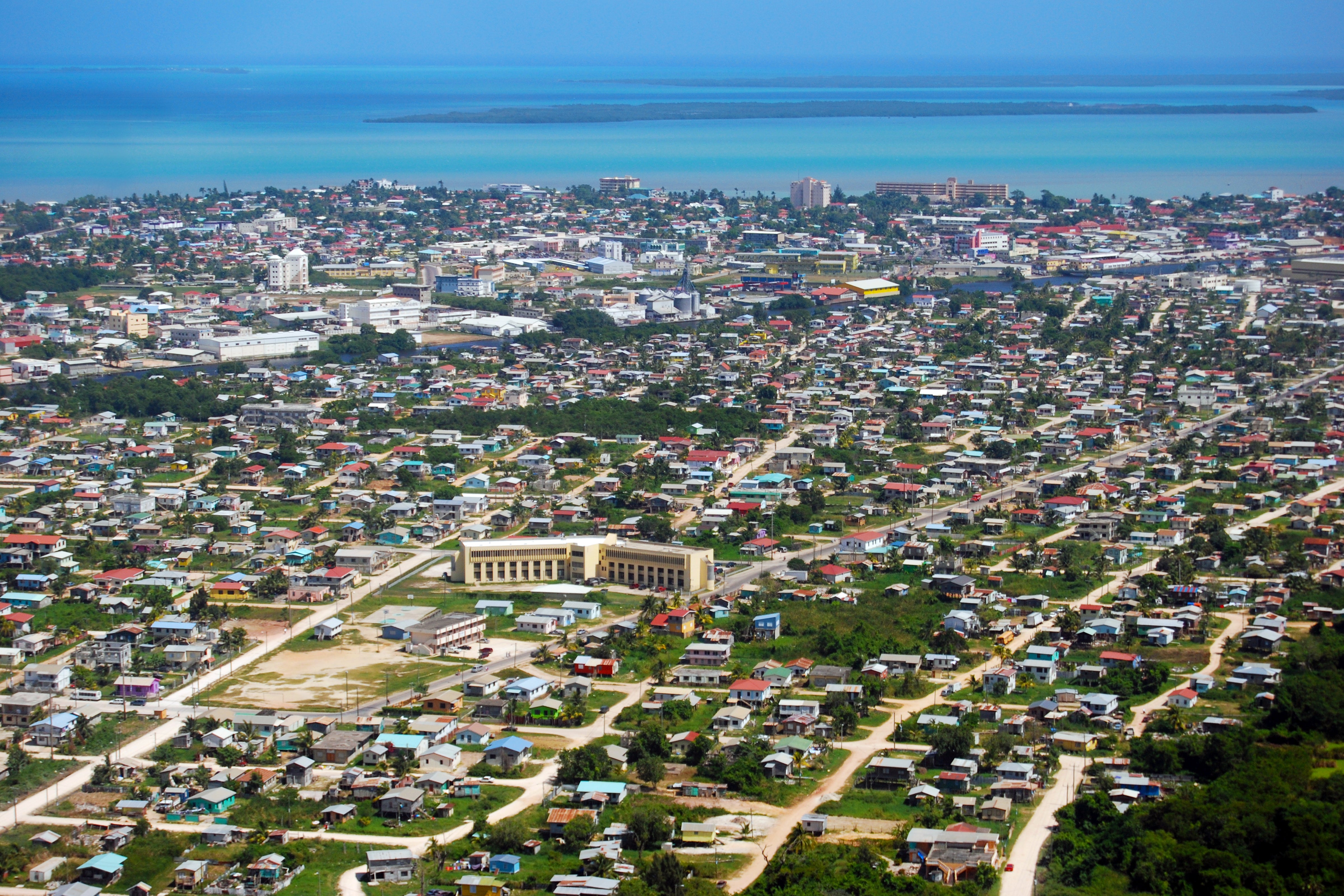Jasmine Hartin manslaughter case exposes divides in Belize
The high-profile case has pushed the Central American country, and its legal system, in to the spotlight

Belize is a country of contrasts. The millionaire’s playground that forms the sparkling islands on the Caribbean coastline sit in stark contrast to the rural towns and villages – and especially Belize City.
Belize City is a settlement of 57,000 and was the capital during the previous colonial administration of British Honduras. Here, life is very different from the superyachts and luxury beachfront hotels just a few miles away.
And the stark divides in everyday life have been exposed by the high-profile case of Jasmine Hartin, the daughter-in-law of Tory grandee Lord Ashcroft.
Ms Hartin, who has two children with Lord Ashcroft’s son Andrew, is currently on remand, charged with the manslaughter of police officer Henry Jemmott after his body was found in the water off San Pedro, shot with his own Glock 17 gun.
The case has made headlines across the world. But it also having a profound impact on the lives of those in the Central American country. And many have expressed reservations about the handling of the case.
Yvette Robateau works at an air-conditioning repair centre near the international airport. “I think that Jasmine Hartin did get very much preferential treatment in the case” she tells The Independent. “It doesn’t matter if you are a cop here, or a local citizen, we have never had the process speed up that quickly.”
Robateau is referring to the pace the justice system in Belize can normally take to investigate cases, several years in many case, a period during which suspects are normally held on remand in the notorious Belize Central Prison.
That Ms Hartin has already applied for bail is in stark contrast to the normal speed in which the law moves here, say locals.
“The justice system in Belize is notoriously unfair and slow” says Amanda, who runs a modern apartment block in Belize City. “Any regular Joe on the street that has an issue, or a run-in with the law, is arrested first and then police investigate later.”
She continues: “Whether they are innocent or guilty, in Belize, you are presumed guilty until proven innocent.
“Charges are levied first, investigation is done later. All Belizeans want is fairness. If it’s done slow for the regular Joe, it should be slow for everyone.”
Ms Robateau also points to what she sees as unfair protection of Ms Hartin’s identity. “When it first came to light that a policeman had been [killed], they just said someone – a very prominent woman on the island – is called in for questioning.
“But they refused to tell us. If it was a local we would have known from the get-go who it was. Even when interviewed that night on the local news, the commissioner seemed scared to even mention her name.”
Almost everybody in Belize has a theory on the case, but many are concerned to speak directly to the press.

A food vendor, who refused to give his name, but was happy to share his theories with The Independent, says: “It’s very disappointing. We thought that there would be more, you know, more evidence that might have pointed to what the crime actually was.”
Echoing the wider sentiment in the country, he continues: “I don’t think they’re buying the story that the police are offering to us, and the media seems to have sources – people who know what’s happening, but we still aren’t getting the truth.”
For local news in Belize, it is a delicate situation. Channel 5 news, one of the major sources in the country, is owned by Lord Ashcroft, and while it is reporting the legal proceedings, it is not discussing the case in any other capacity.
There have been wild social media rumours, resulting in condemnation from Judge Lord, overseeing the preliminary hearings in the Hartin case, and from Godfrey Smith, the former Belizean attorney general tasked with defending her.
Stephen, who works in an internet cafe in the centre of Belize City, metres away from the court where Ms Hartin was denied bail earlier this week, is concerned that the circus surrounding what is probably the largest trial in Belizean history is compounding the problems.
“I honestly feel that it [the case] is not being handled as well as it should be. It’s had so much exposure at this point, it’s been so heavily influenced in so many ways, that it’s not – it won’t be even credible. You need to have valuable credibility, and that’s very lacking in our society in Belize.”
“Honestly,” he adds, “I really wish there was very advanced proof, but for now, I believe it should really be taken out of the media and handled in the courtroom.
“Take away all major influences, and have a third party come in and do an investigation – a third party do the court hearing, because it will be heavily biased here done in Belize, just because of the society we have as a whole.”
Despite the overarching pessimism over the case, Ms Hartin remains in Belize General Prison until her next bail hearing on 9 June. With the director of public prosecutions, Shanice Lovell, arguing that the suspect presents a flight risk, the government has so far ensured that her treatment is in line with the common Belizean.
Whether this treatment continues after next week, however, will certainly prove to be an enormous talking point – no matter the outcome.
Join our commenting forum
Join thought-provoking conversations, follow other Independent readers and see their replies
Comments
Bookmark popover
Removed from bookmarks